War in the shadows
Mine warfare in the North Sea Uwe Wichert In the North Sea, mine warfare began with a modest operation in the Franco-Prussian War of 1870/71. The approach to Wilhelmshaven was secured by mine barriers to prevent French forces from entering, as a French squadron had briefly flown the flag at Heligoland beforehand. These barriers were then intensively guarded by the existing coastal defence units, but not a single French ship came anywhere near the restricted areas during the war. After the war, the development of mines, at that time still combined with torpedoes, was further promoted, but without producing any spectacular activities. The first real naval mine, the C 77 model,...
Read More

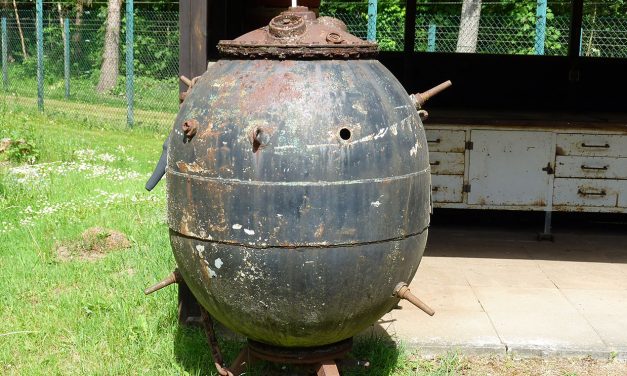
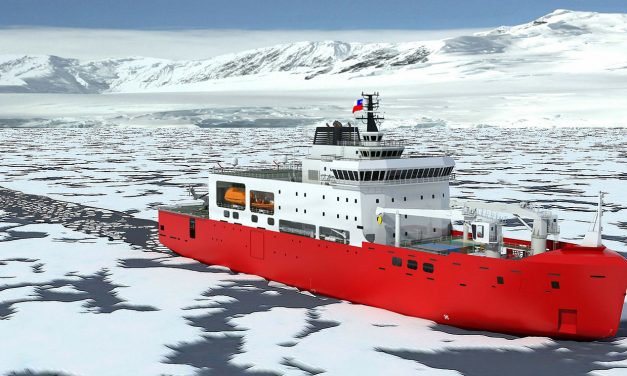
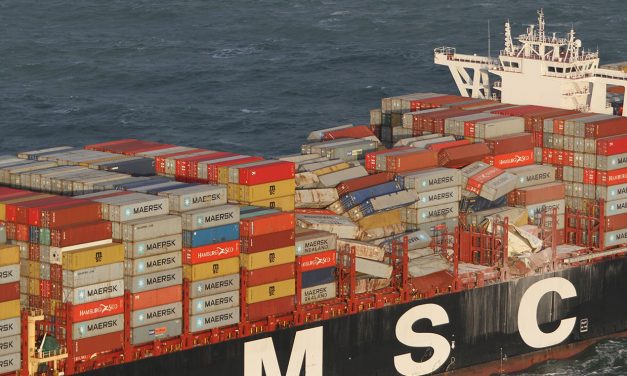
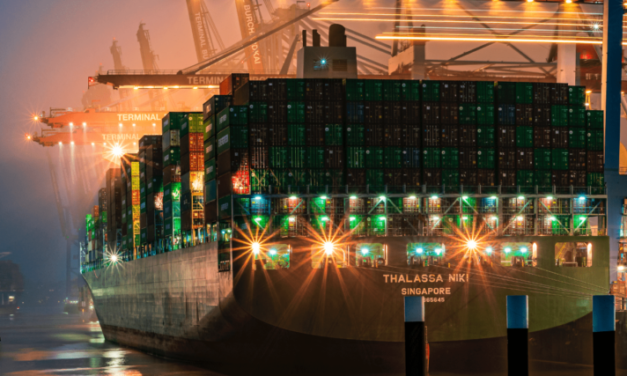
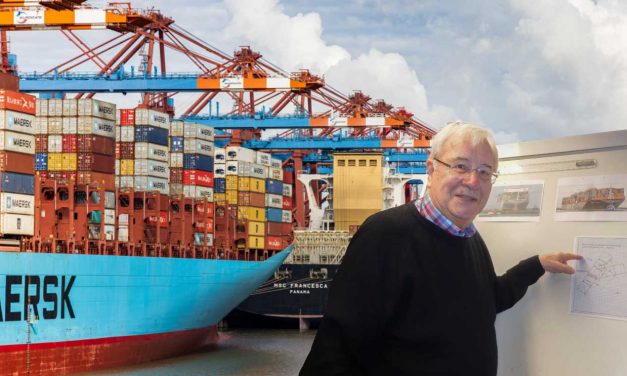
Latest comments